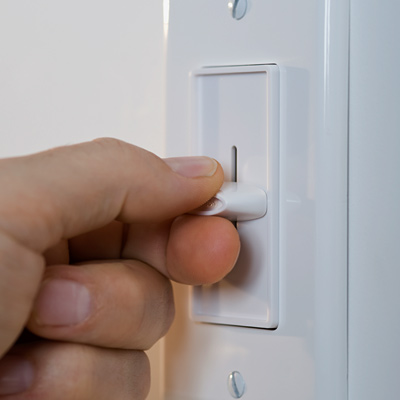There’s a saying that you can pour the purest golden nectar into a chalice, but if the cup is dirty on the inside, then the quality of the nectar is irrelevant.
When it comes to food and your body, the same is true. You can eat the freshet, high-quality whole foods but if your digestive system is not in good shape, then your ability to process and assimilate the nutrients from your food is severely compromised. This is a key reason why Ayurveda and most other healing systems place such a strong focus on creating and maintaining a healthy gut.
This week, as many people focus on making changes to what they are eating, I am offering a five-part series on simple ways to boost your digestive capacity so that you can more optimally process the healthy foods you are consuming.
Part 4: Stress Less
Adding healthy foods into your diet is only one part of the equation when it comes to achieving good gut health. There’s also some subtraction to be done: namely, reducing the amount of stress you experience on a daily basis.
Remember that despite all its complexities, the body is in many ways a very simple machine. Think back to the caveman days: if a pack of saber-toothed tigers interrupted your lunch, your body would go into self-preservation mode and direct its energy to helping you to flee. It would not be in your best interest for the body to divert energy to digest whatever you had just eaten, as digestion is a very energy-intense process.
Although large furry predators are no longer a daily threat for most of us, the functioning of our nervous system hasn’t changed much. Anytime we experience any form of stress, our body shifts into this same fight-or-flight mode, regulated by the autonomic nervous system. On the flip-side, when we are relatively relaxed and out of a survival state of mind, our body can shift control over to the parasympathetic nervous system, often referred to as the “rest and digest” system.
When I used to work in a corporate setting, I was very aware that my digestion suffered when I was working on stressful projects. I would experience a lot of bloating, stomachaches and other issues that weren’t normal for me. Things would inevitably improve once a deadline passed or a project ended. And like most people under stress, I tended to make poorer food choices when I was stressed, which likely fueled the symptoms I was experiencing.
Unfortunately, our society has normalized indigestion and other gut issues, and given us a host of over-the-counter “solutions” for them, leading many people to not even think twice about how stress may be affecting their gut. Rather than getting to the root cause of things, we can pop a pill and plow on at the same stressful pace.
Whether or not you actively suffer from gut issues, I encourage you to be mindful of how you take on stress in your own life. Meditation, yoga and other mind-body modalities can help us to shed the unnecessary we may carry. Making choices to leave our work at the office, turn off our screens by a certain time each evening and other proactive steps can help us find greater work-life balance.
Consciously scheduling in some resting time after meals can be a beneficial step if you’re someone who tends to always be on the go. Spend 15-20 minutes enjoying a book, walking leisurely or enjoying another restful activity. If you do decide to take a nap after a meal, be sure to lay on your left size (this puts the digestive organs in optimal position to keep working while you rest).


